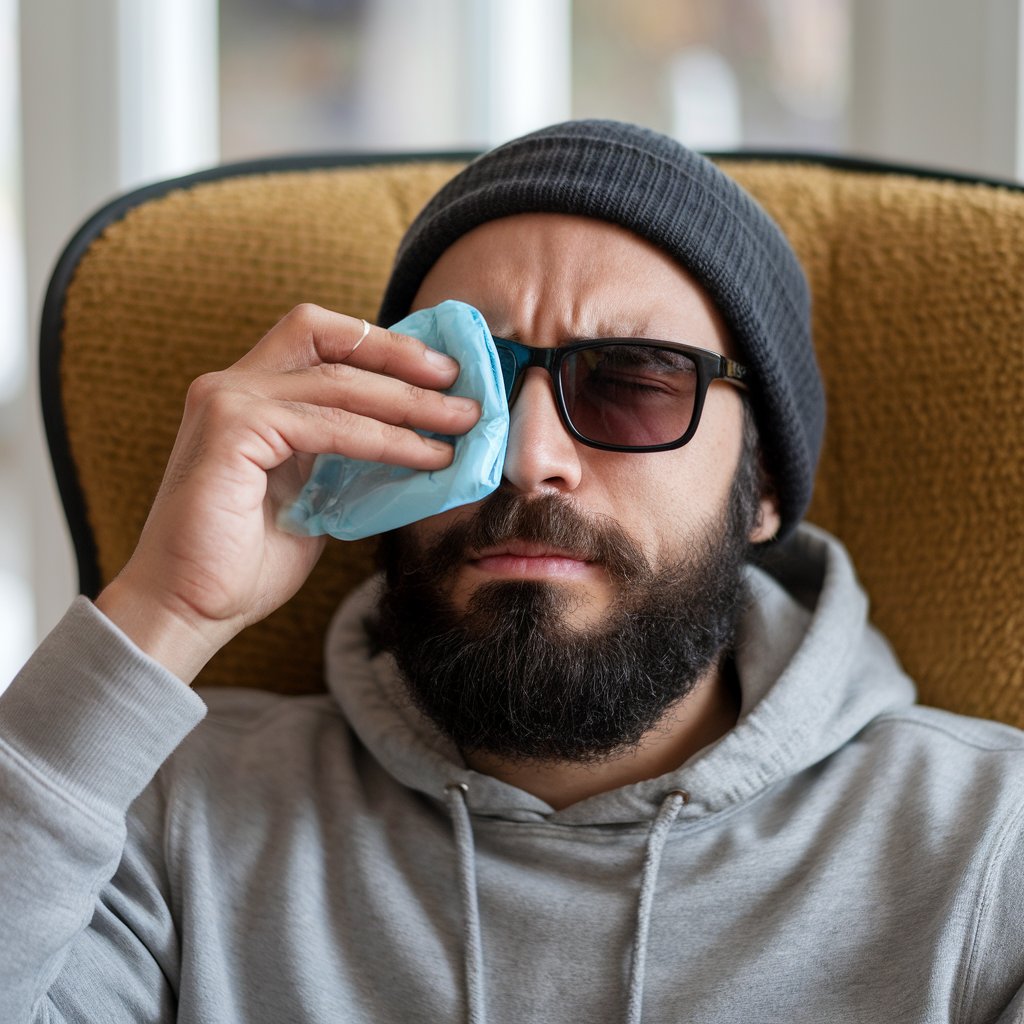10 Ways to Avoid Jet Lag (Backed by Science!)
Table of Contents
Jet lag isn’t just fatigue—it’s your body screaming, “Why are we eating breakfast at midnight?!” Crossing time zones disrupts your circadian rhythm, leaving you groggy, irritable, and stuck in a zombie-like haze. But what if you could hack your biology and land feeling refreshed? From Harvard researchers to NASA-approved tricks, here’s your science-backed blueprint to outsmart jet lag.
What Causes Jet Lag?
Your circadian rhythm—the internal clock governing sleep, hunger, and energy—relies on light, meals, and routine. Rapid time zone changes confuse this system, triggering symptoms like:
- Insomnia or excessive sleepiness
- Brain fog
- Digestive issues
- Mood swings
The good news? You can “reset” your clock faster with these strategies.
10 Science-Backed Ways to Beat Jet Lag
1. Adjust Your Sleep Schedule Pre-Flight
How it works: Gradually shift bedtime 1–2 hours closer to your destination’s time zone 3–4 days before departure.
Science says: A 2019 Journal of Sleep Research study found this reduces jet lag symptoms by 50%.
Pro tip: Use apps like Timeshifter to create a personalized adjustment plan.
2. Harness Light Therapy

How it works: Light exposure is the #1 circadian cue. Seek bright light in the morning if heading east; embrace evening light if traveling west.
Science says: A 2022 Sleep Medicine Reviews paper highlights light therapy as the most effective non-pharmacological jet lag remedy.
Toolkit: Wearable devices like Re-Timer glasses emit circadian-friendly light wavelengths.
3. Stay Hydrated (But Skip Alcohol)

How it works: Dehydration worsens jet lag. Aim for 8 oz of water per hour in-flight.
Science says: NASA recommends avoiding alcohol, which disrupts REM sleep and increases dehydration by 30%.
4. Time Your Meals with Your Destination

How it works: Eat meals aligned with your new time zone before and during your flight.
Science says: A 2016 Cell study showed meal timing shifts liver clocks, syncing them with your brain’s master clock.
5. Pop Melatonin Wisely

How it works: This sleep hormone signals “nighttime” to your brain. Take 0.5–5 mg 1–2 hours before bedtime at your destination.
Science says: A 2018 Cochrane Review confirms melatonin reduces jet lag, especially when crossing 5+ time zones.
Jet Lag Hacks: In-Flight & Post-Arrival
6. Move Every 2 Hours
How it works: Stretch or walk the aisle to boost circulation and reduce stiffness.
Science says: A 2020 Aviation, Space, and Environmental Medicine study links movement to faster circadian adaptation.
7. Take Power Naps (But Keep Them Short)
How it works: Limit naps to 20–30 minutes to avoid deep sleep grogginess.
Science says: NASA’s fatigue management research endorses 26-minute naps for alertness.
8. Use a Sleep Mask & Noise-Canceling Headphones

How it works: Block light and noise to mimic nighttime, even at 35,000 feet.
Science says: A 2021 Sleep Health study found these tools improve in-flight sleep quality by 40%.
9. Reset with a Morning Workout

How it works: Exercise outdoors upon arrival to align your rhythm with natural light.
Science says: A 2019 Journal of Physiology study shows morning exercise advances your body clock, aiding eastward travel.
10. Try the “Argonne Diet”

How it works: Alternate feast/fast days pre-flight to prime your metabolism.
Science says: Developed by the U.S. Army, this method reduced jet lag by 75% in military personnel.
Jet Lag Tools: A Quick Reference
Best Supplements for Jet Lag
| Supplement | Dosage | Best For |
| Melatonin | 0.5–5 mg at bedtime | Eastward travel |
| Magnesium | 300 mg pre-flight | Muscle relaxation |
| CBD | 10–25 mg as needed | Anxiety + sleep |
Light Exposure Guide
| Travel Direction | When to Seek Light | When to Avoid Light |
| Eastbound | Morning (local time) | Evening |
| Westbound | Evening (local time) | Morning |
Your Jet Lag Survival Kit

- Portable blue light blocker glasses
- Reusable water bottle
- Natural sleep aid (e.g., lavender oil)
- Time zone converter app
Ready to Conquer Jet Lag?
Jet lag doesn’t have to steal your travel joy. With these science-backed strategies, you’ll sync with new time zones faster and savor every moment of your trip.
🌍 Your Turn to Share!


